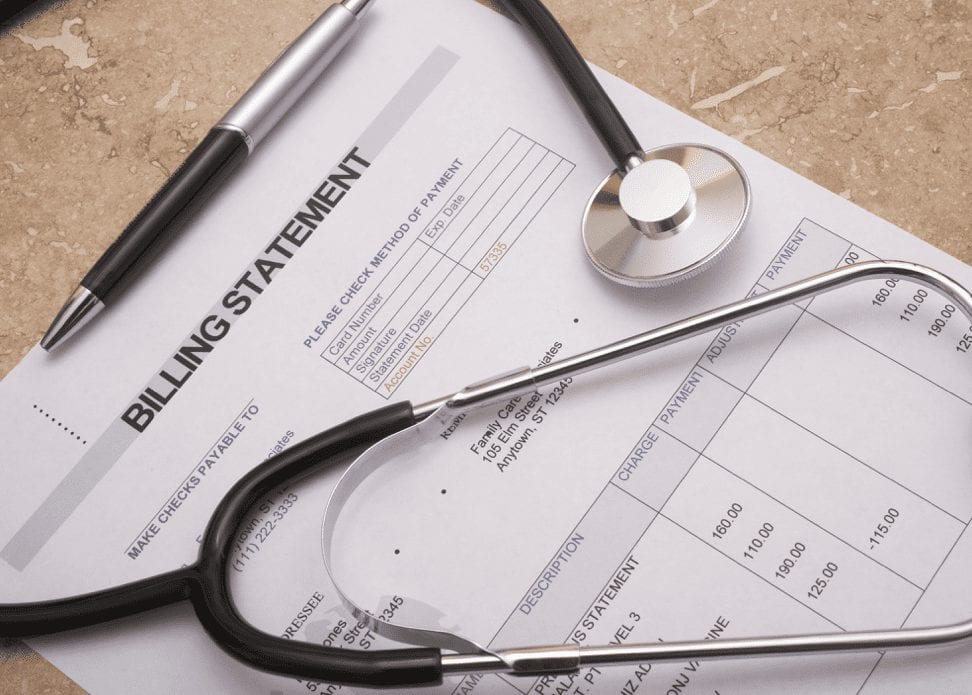 Medical debt is the leading cause of bankruptcy, even for people who have health insurance, according to the American Journal of Medicine. Health care costs have soared. A single medical crisis or hospital stay can send you running for debt relief. The medical billing system is complex, but there are ways to handle medical debt that can keep you on your financial feet.
Medical debt is the leading cause of bankruptcy, even for people who have health insurance, according to the American Journal of Medicine. Health care costs have soared. A single medical crisis or hospital stay can send you running for debt relief. The medical billing system is complex, but there are ways to handle medical debt that can keep you on your financial feet.
Know Your Coverage
Check the fine print of your health insurance policy. Compare your coverage with the medical expenses you’re being charged for. It’s not uncommon for medical billers to make mistakes. If something doesn’t look right call your health care provider, hospital, and insurer so your bill can be adjusted.
However, your insurance company may limit the time for questioning a benefit or charge. If you appeal and are denied, continue fighting, write down the names and phone numbers of everyone you speak to, and keep records of every detail. The more information you have, the more successful a formal complaint can be.
Keep Up with Billing
The worst thing you can do is ignore a medical bill. After a few months, the matter will be forwarded to a collection agency and you can be sued or then deal with a bank levy, judgement, or wage garnishment. The bill will go on your credit report. If there are overcharges, double charges, or fees for medicines you didn’t receive, contact the hospital. Arrange all the invoices you receive by date to stay organized and in control.
Pay Off the Bill
If there’s enough money in your savings account or emergency fund, you may be able to pay smaller medical bills in a lump sum. A helpful tip is to write your account number on the check. The chances of getting billed for what you paid will be less. If you can’t pay in full, set up a payment arrangement with the hospital or doctor’s office.
Negotiate
Hospitals and other medical service providers are often willing to work with you. Try talking to an administrator about your financial situation and ability to pay your debt. Are they willing to settle for a lower amount or set up a payment schedule? This strategy may also be worthwhile because the medical industry often bills patients unfairly with seemingly random price structures, and hedges on you not understanding what you’re being billed for. However, they know if you’re willing to work with them, they’ll get paid something.
File for Bankruptcy
There are other options. You can charge a medical bill on a credit card, or see if your income qualifies you for Medicaid. Filing for bankruptcy is a last resort. However, if you qualify for Chapter 7 bankruptcy, a Chapter 13 repayment plan can be used to pay off medical debt in three to five years. At OakTree Law, a Los Angeles bankruptcy attorney can provide a consultation to see if you qualify and help you through the process. Contact us today to discuss your situation.